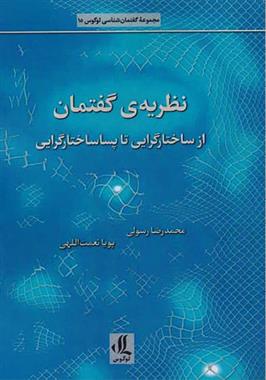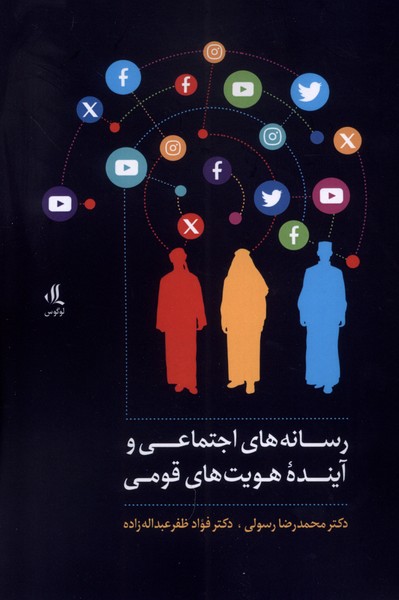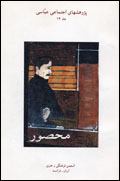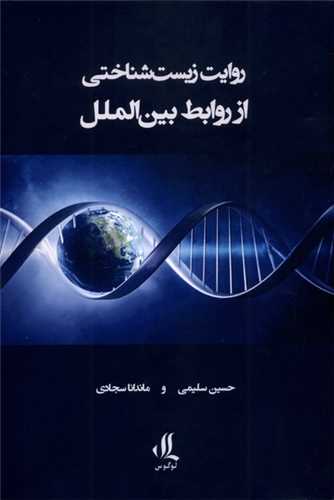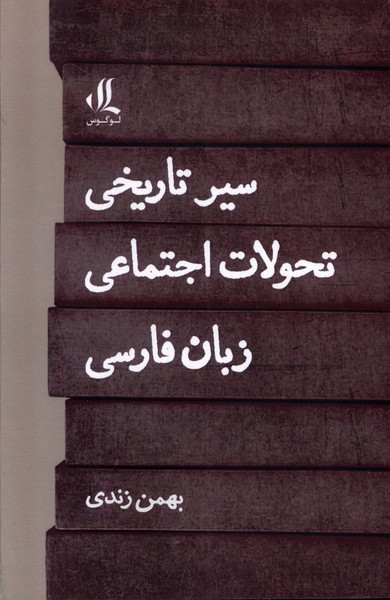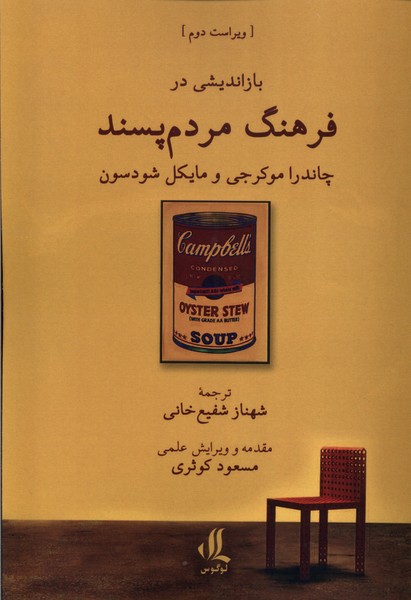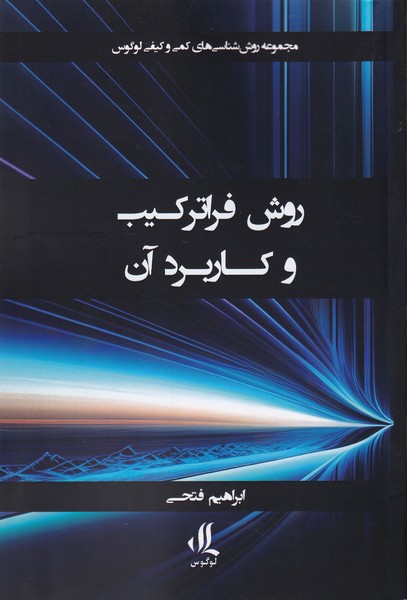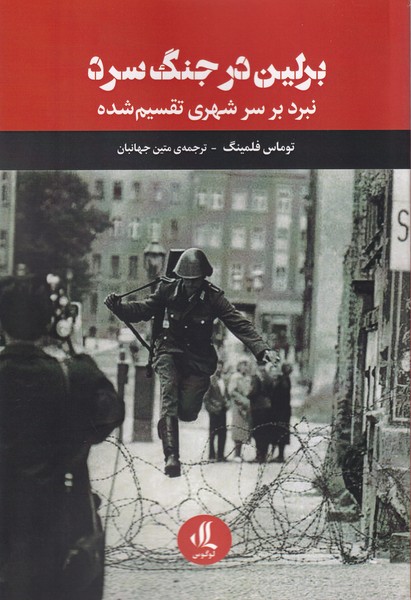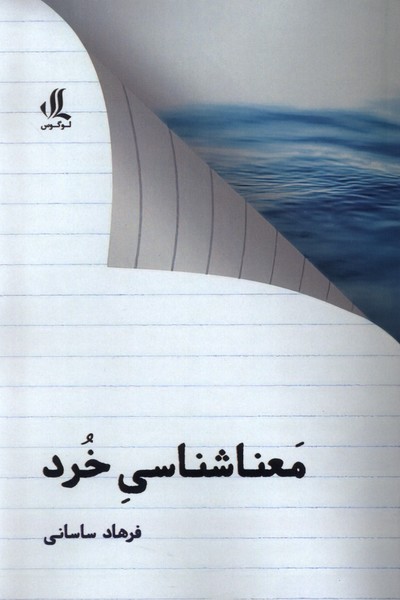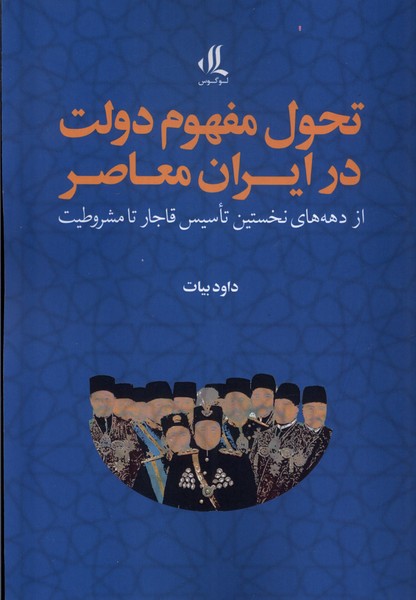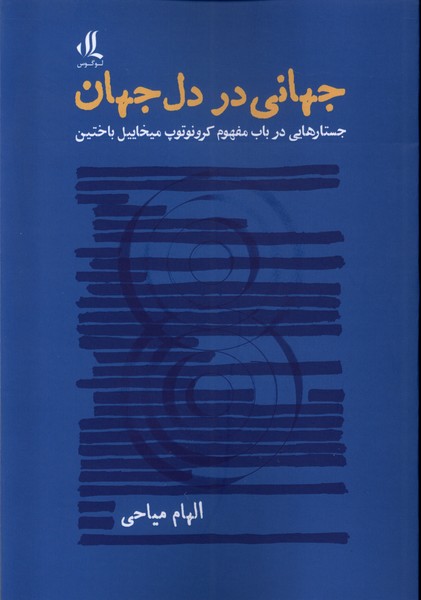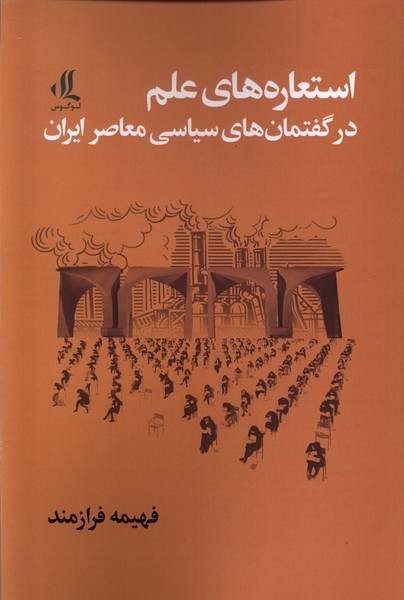نظریه ی گفتمان فارسی 1400
naẓarīyah-yi guftimān
22٫27 $
اشتراکگذاری
Wishlist
The upcoming work written by "Mohammed Reza Rasouli" and "Pooya Nematollahi" examines the "theory of discourse" "from structuralism to poststructuralism". This book consists of three main parts, each of which deals with specific details of "discourse theory". In the first part, the history and basics of this concept are examined as what is discourse in the general and technical sense, discourse analysis, different approaches and their classification, discourse analysis, and social constructionism, the emergence of critical discourse analysis, discourse formulation and Foucault's theories about power. And the discourse is over.
In the second part, which was written with a focus on Laclau and Mouffe's "discourse theory", "Mohammed Reza Rasouli" and "Poua Nematollahi" have once again taken a look at the definition of "discourse theory" and this time, semiotics and linguistics They also examine the structuralist. The starting point for this topic is linguistics, and then the optionality of the relationship between signifier and signified is discussed. The authors also deal with the assignment of linguistics in the model of Laclau and Mouffe and examine the "theory of discourse" "from structuralism to poststructuralism". The second part also includes concepts such as deconstruction, Marxism, post-Marxism, historical materialism, articulation, components and concepts of "discourse theory", the distinction between discourse and non-discourse issues in terms of theory, discourse and naturalization, myth and legend, subject theory and identity, and Althusser's views. Take Lacan around subjectivity.
The third part of the book "Discourse Theory" describes the approach, techniques, and strategies in this theory, and by presenting the tools of discourse analysis and interpretation, the differences and similarities between critical discourse analysis and "Discourse Theory" from a methodological point of view. It examines the positions of these two together and the possibility of combining the two approaches in terms of method.
more
اثر پیش رو به قلم "محمدرضا رسولی" و "پویا نعمت اللهی"، "نظریه ی گفتمان" را "از ساختارگرایی تا پساساختارگرایی" مورد بررسی قرار میدهد. کتاب حاضر از سه بخش اصلی تشکیل شده که هر کدام به جزییات مشخصی از "نظریه ی گفتمان" میپردازند. در بخش نخست، تاریخچه و مبانی این مفهوم مورد بررسی قرار میگیرد و از چیستی گفتمان در معنای عام و فنی، تحلیل گفتمان، رویکردهای مختلف و طبقهبندی آن، تحلیل گفتمان و برساختگرایی اجتماعی، پیدایش تحلیل گفتمان انتقادی، صورتبندی گفتمانی و نظریات فوکو پیرامون قدرت و گفتمان، سخن رفته است.
در بخش دوم که با محوریت "نظریه ی گفتمان" لاکلائو و موفه به نگارش در آمده، "محمدرضا رسولی" و "پویا نعمت اللهی"، بار دیگر نگاهی به تعریف "نظریه ی گفتمان" انداختهاند و این بار، نشانهشناسی و زبانشناسی ساختارگرا را نیز تحت بررسی قرار میدهند. نقطه شروع برای این مبحث، زبانشناسی است و پس از آن به اختیاری بودن رابطهی دال و مدلول پرداخته میشود. نویسندگان به تعیین تکلیف زبانشناسی در مدل لاکلائو و موفه نیز میپردازند و "نظریه ی گفتمان" را "از ساختارگرایی تا پساساختارگرایی" بررسی میکنند. بخش دوم همچنین مفاهیمی نظیر شالودهشکنی، مارکسیسم، پسامارکسیسم، ماتریالیسم تاریخی، مفصلبندی، مولفهها و مفاهیم "نظریه ی گفتمان"، تمایز امور گفتمانی و غیرگفتمانی از لحاظ تئوری، گفتمان و طبیعیسازی، اسطوره و افسانه، نظریه سوژه و هویت و دیدگاههای آلتوسر و لاکان را پیرامون سوژگی در بردارد.
سومین بخش از کتاب "نظریه ی گفتمان"، رویکرد و فنون و راهبردها در این نظریه را تشریح میکند و با ارائهی ابزارهای تحلیل و تفسیر گفتمانی، تمایزات و تشابهات تحلیل انتقادی گفتمان و "نظریه ی گفتمان" از منظر روششناسی، مواضع این دو به هم و امکان تلفیق دو رویکرد به لحاظ روشی را بررسی میکند.
more

